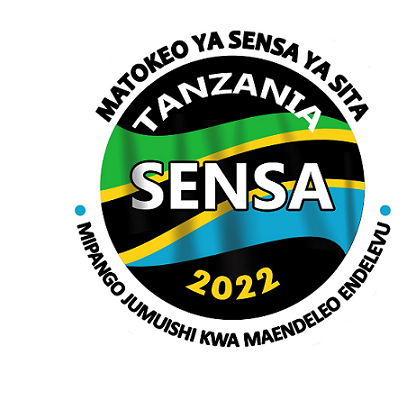The United Republic of Tanzania, which comprises the Mainland and Zanzibar, espouses achievement of high quality and sustainable human development for its citizens. This is provided for in the Constitution of the country with the aspirations underlined in the Long-Term Vision, 2025 for the Mainland and 2020 for Zanzibar. The implementation of the Sustainable Development Goals (SDGs) has come as a catalyst towards the realization of the country’s aspirations. The country has robust development frameworks being supported by policies, plans and strategies, as well as a legal framework for the implementation of the country’s development agenda in general and the SDGs in particular. The supportive environment for implementing the SDGs in Tanzania is strong. This notwithstanding, gaps and challenges still exist that need to be addressed for the country to realize the targets set.
Preparation of this Voluntary National Review was coordinated by the Ministry of Finance and Planning, which is mandated to coordinate the implementation and monitoring of the SDGs in Mainland Tanzania and by the Zanzibar Planning Commission. The process of preparing the Review was participatory and involved all stakeholders including government Ministries, Departments, Agencies, United Nations Agencies, Civil Society, the Private Sector, Union Parliament and House of Representatives (Zanzibar), Local
Government Authorities (LGAs) and the media. The implementation of Agenda 2030 opens up an advantage point as the agenda builds on the challenges and lessons that the country learnt during the implementation of the former Millennium Development Goals (MDGs). Also, Agenda 2030 was adopted when the United Republic of Tanzania was developing its mediumterm plans, namely the National Five-Year Development Plan II for the Mainland and the Zanzibar Strategy for Growth and Reduction of Poverty III. Both are well aligned to the global development framework and their implementation is directly linked with the achievement of the SDGs. Furthermore, the country has developed a roadmap which spells out how stakeholder engagement, awareness creation, resource mobilization, capacity building, domestication and localization are to be accomplished.
Concerning the domestication and localization of the Sustainable xv Development Goal indicators, which are considered to be potentially relevant in terms of context, about 167 Sustainable Development Goals indicators out of 240 were mapped as either primary or secondary indicators for Mainland Tanzania and 198 for Zanzibar (although only 49 indicators had baseline data). These indicators will be used to track and report on the process and progress of the implementation and are the basis of this review. The time frame for the baseline data for most of the indicators lies between 2015 and 2018, depending much on the frequency of data collection. Inadequate baseline data on some of the indicators has proved a challenge in assessing progress on the monitoring and implementation of the Goals.
Click to Read the Voluntary National Review (VNR) 2019 report
Click to Download the Voluntary National Review (VNR) 2019 report




